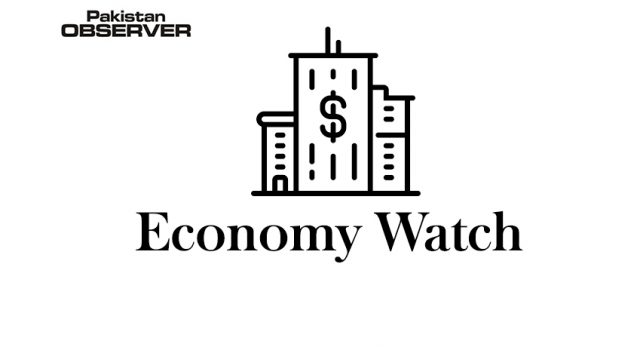Observer Report
Islamabad
The Pakistan Economy Watch (PEW) on Saturday said the policy of promoting sugarcane crop on the cost of the cotton crop should be stopped as it can result in serious national security issues.
President PEW Dr. Murtaza Mughal said Sugar mafia was digging the grave of the economy for profits which should be noticed and corrective measures should be taken, it said.
He said that the influential sugar mafia has forced masses to buy the world’s costliest sugar but it has not satisfied their appetite for profit which is damaging the troubled textile sector,
Sugar mills are in surplus in Pakistan and billions are spent every year on subsidies to export additional sugar but at the same time illegal expansion in the capacity of some sugar mills continues with officials turning a blind eye towards it, he said.
On the other hand, the textile sector which is providing over ten million jobs and earning almost 13 billion dollars of foreign exchange for the country has been allowed to deteriorate to profit the sugar sector which is a liability, he added.
Dr. Murtaza Mughal said that the area under cultivation of cotton is reducing rapidly in favour of the sugarcane crop which will require 1.5 billion dollars of cotton imports soon that will hit forex reserves, production and exports as the cost of doing business will increase for millers.
The area under cultivation for cotton has been reduced by 29 percent while that of sugarcane has increased by 45 percent which has also damaged some other crops, he said, adding that why a crop is promoted which is a burden on masses.
He said that the government has also imposed a 40 percent customs duty on import of sugar to promote local sugar barons otherwise masses can get the commodity on half the price of the local market.
Dr. Mughal said that middlemen have also become a threat to the troubled textile sector as they buy it on throwaway prices from farmers and sell it on unbelievable prices which should be controlled as Pakistan cannot afford a reduction in income coming from the textile sector.









